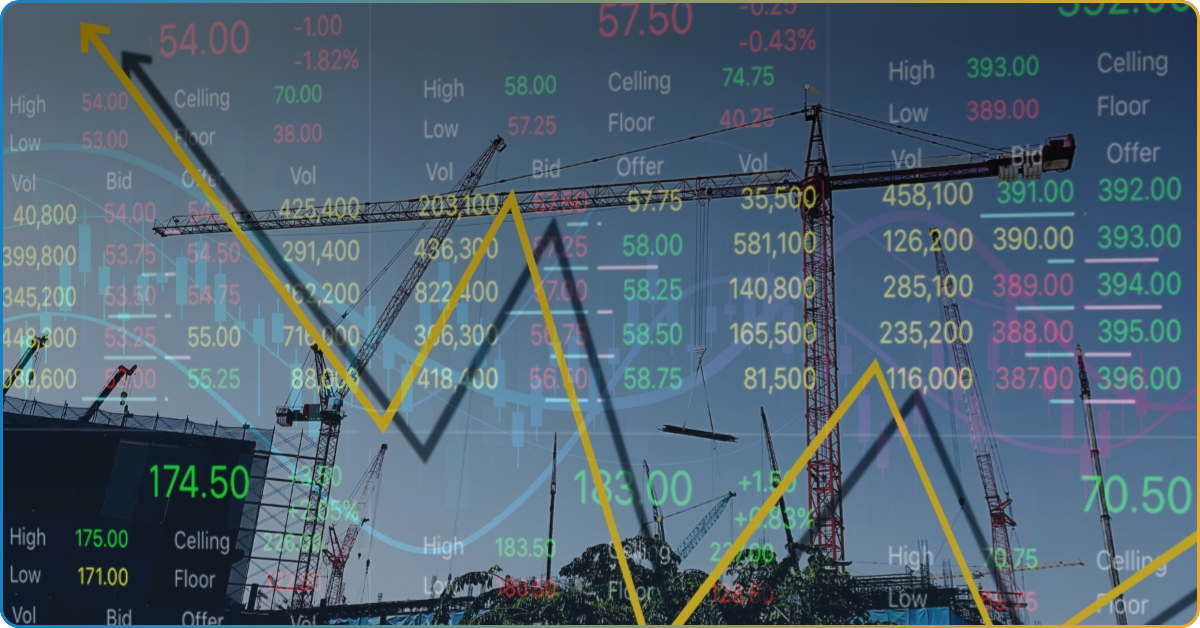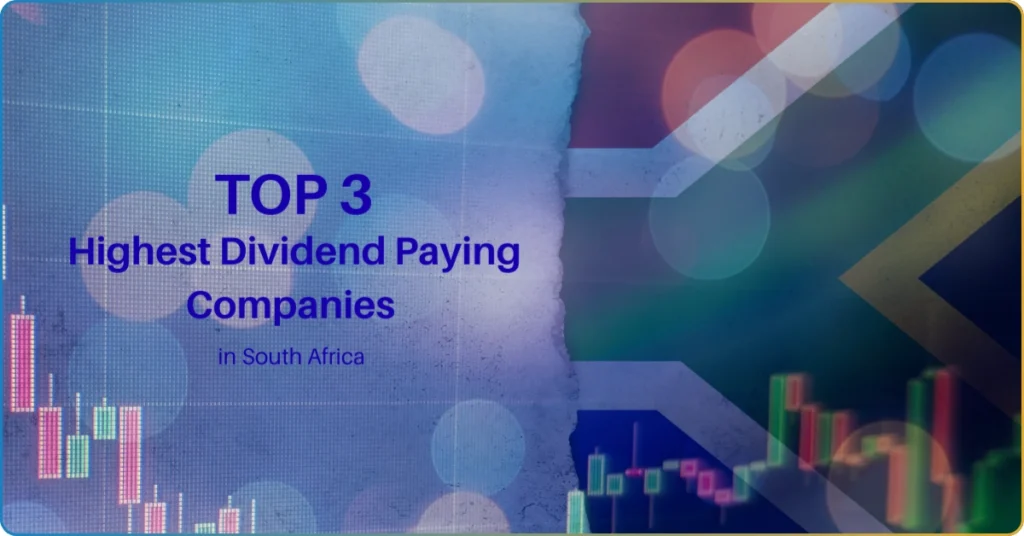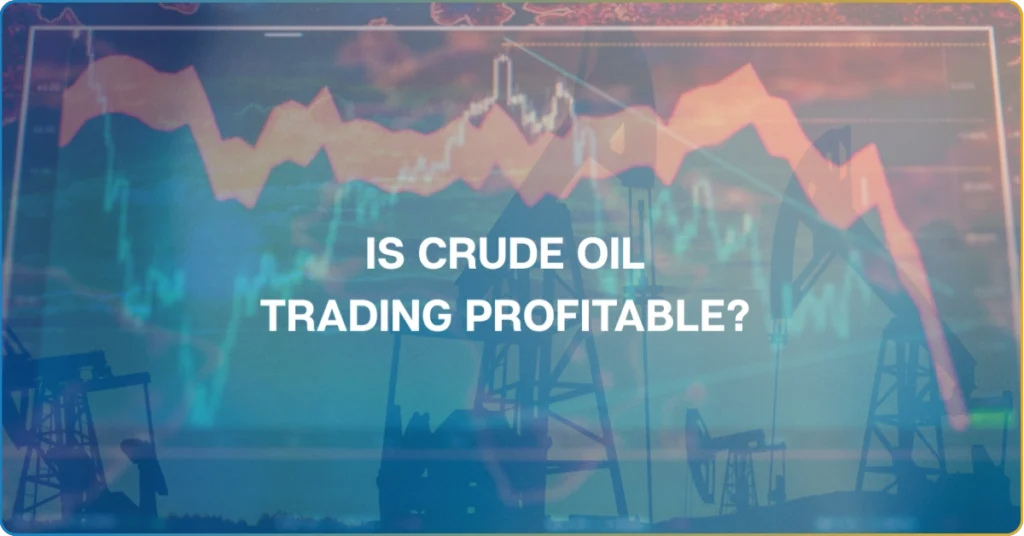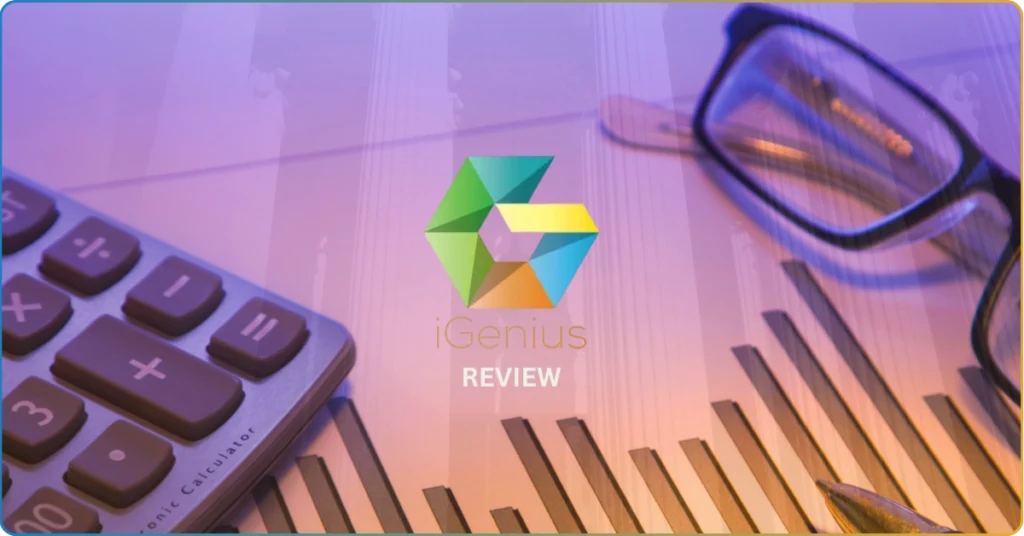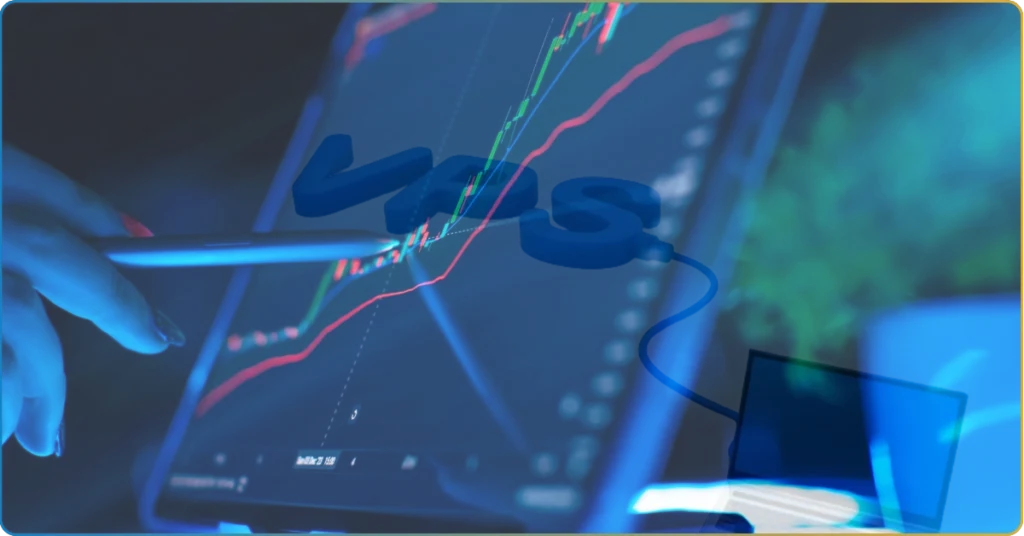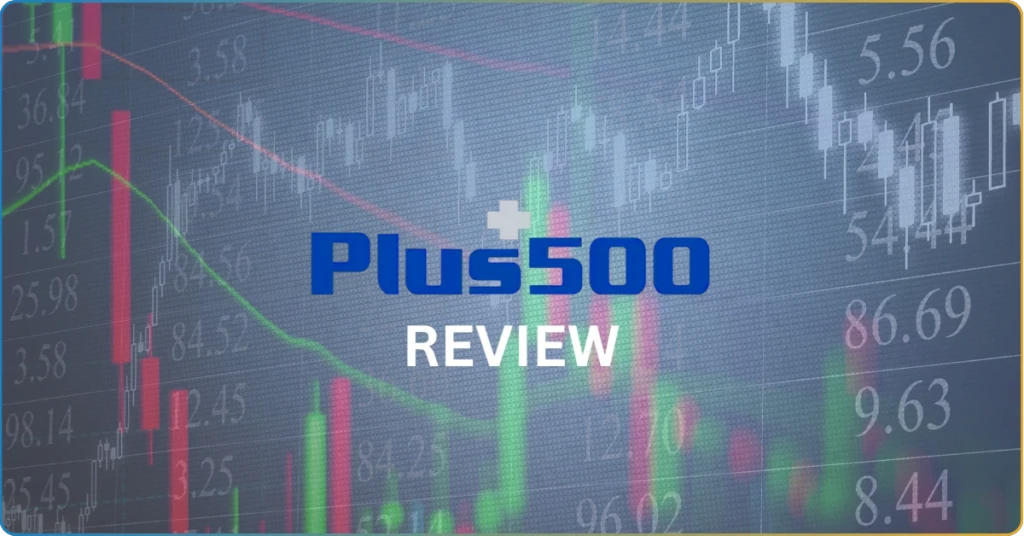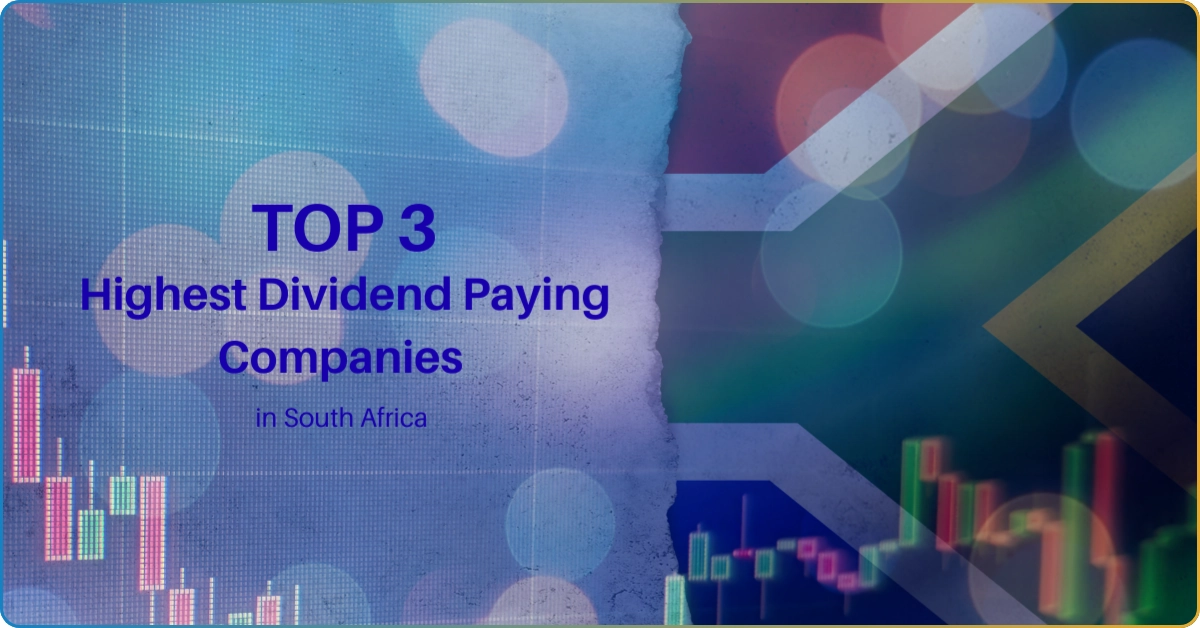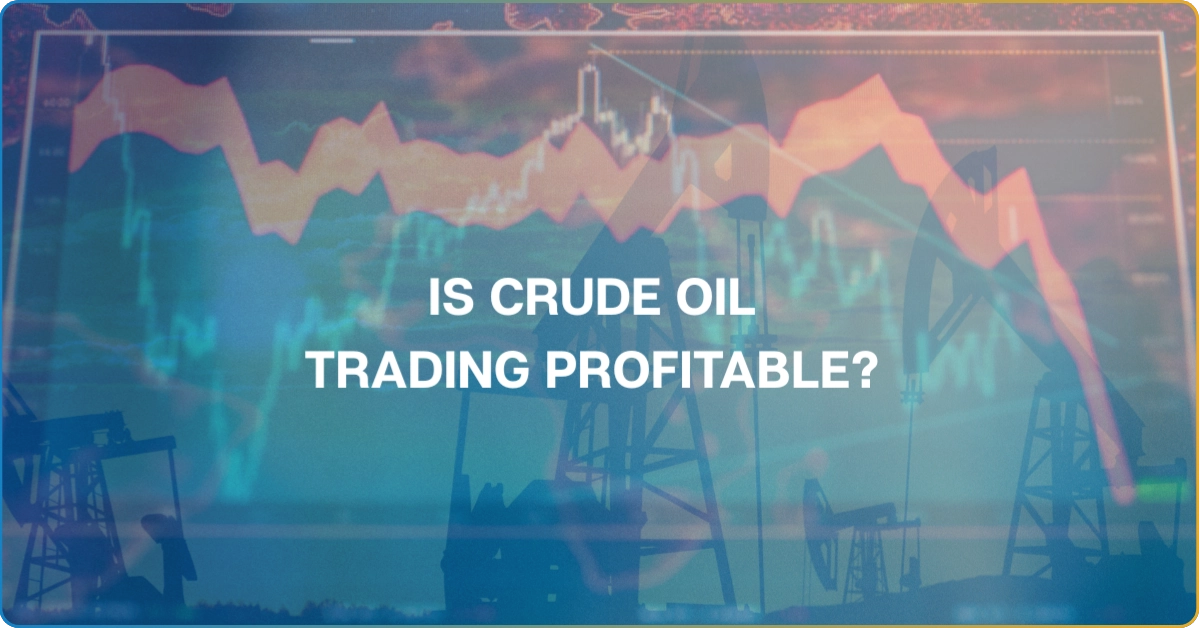The common mistake every beginner trader makes is being less aware of critical economic events. They focus solely on the interpreting the historical price movement and spotting patterns, ignoring the significant power of news releases in moving the market.
And it’s common because with an overwhelming amount of economic news releases, traders are left confused with what to focus on.
However, constant monitoring of economic calendars could change your trading game. If you know how to use it and where to look, you can gain an edge in predicting market movements and making informed trading decisions.
In this TRU Insight, we’ll dive deep into the basics of economic calendar including its major components and tools to read its data effectively. Read on and explore how you can use the data from economic calendar to your advantage.
Quick Overview: Why You Should Trade the News?
Economic events significantly impact market volatility. Major announcements an create sharp price movements, offering trading opportunities.
Being aware of these events allows you to anticipate market reactions rather than being caught off guard.
Traders who incorporate news trading strategies alongside technical analysis have a well-rounded approach to the market.
Remember, forex trading is not just about charts—it’s about knowing what’s happening globally that can influence currency strength, stock indices, and commodities.
What Is an Economic Calendar?
An economic calendar is a schedule of upcoming economic events, announcements, and reports published by governments and financial institutions.
These reports influence market trends and price action, making the calendar an essential tool for every trader.
The calendar highlights key economic indicators – like GDP growth, inflation, employment data, and central bank decisions.
By understanding these events, traders can predict potential volatility and position their trades accordingly.
Primary Components of Economic Calendar
At first glance, economic calendar can be daunting due to the overwhelming – often unintuitive – flashed dataset. But believe me, these data are extremely easy to understand and valuable to your decision-making process.
Here are the primary parts of an economic calendar and what they signify on the upcoming news releases.
Currency Involved
Each event affects a specific currency, which can impact currency pairs in forex trading.
For example, a U.S. Non-Farm Payroll report impacts the USD, which in turn affects pairs like EUR/USD, USD/JPY, and GBP/USD.
Knowing which currency is influenced helps traders plan their trades, hedge risks, and identify opportunities for profit.
Release Time
Economic news is released at scheduled times, and traders must be aware of these releases in their local time zones.
Timing is crucial as high-impact events can create immediate market reactions, leading to price spikes or drops. Many traders adjust their positions before major announcements or avoid trading during extreme volatility periods.
Previous Value
This refers to the last reported figure of the economic indicator. Comparing past data with forecasts and actual results helps in gauging market trends.
For instance, if last month’s unemployment rate was 4% and the upcoming forecast is 3.8%, traders may expect the currency to strengthen if the actual value matches or is lower than the forecast.
Forecast Value
Analysts provide estimates for upcoming reports, and market sentiment often prices in these expectations before the actual data release.
If the forecast predicts strong economic growth, traders may buy the currency in anticipation.
However, if the actual data deviates significantly from the forecast, it can trigger sharp price movements, leading to trading opportunities.
Actual Value
The actual figure is released during the event. If the result is better than expected, it often strengthens the related currency, while a worse-than-expected figure weakens it.
For example, if the U.S. job growth is significantly higher than the forecast, the USD may experience a surge in demand, affecting multiple markets.
Impact Indicators
Most calendars use color codes or symbols to indicate the expected impact of an event—low, medium, or high.
Focus on high-impact events as they drive the most volatility and offer the best trading opportunities.
These events include interest rate decisions, GDP reports, and central bank statements, which can lead to prolonged trends or reversals in the market.
How to Read Economic Calendar?
Now, let us discuss the actual steps to read an economic calendar. Doing these ensure the actionability and profitability of your news-aligned trading strategy.
Choose a Reliable Calendar Source
Not all economic calendars are equal. Use a reputable source like Autochartist, TradingView, Investing.com, or your trading platform’s built-in calendar to ensure you receive accurate and timely data.
Additionally, you can tap into the insights of experienced traders to be informed with the upcoming economic news releases and their implication with the forex market.
Set Up Filters
Economic calendar filters help you avoid information overload by focusing on your predetermined relevant events.
Filter out less relevant events based on the currencies you trade and impact level to avoid information overload. This ensures you only see news that directly affects your trading strategy, preventing unnecessary distractions.
Identify High-Impact Events
What sets a profitable news trader apart from other traders is their ability to recognize the most significant market movers.
Remember to only focus on events marked as high-impact to ensure your new-based trade stand a chance to profit from the market.
This is because high-impact events are most likely to create a strong price movements – a profitable market environment for traders who aim to capitalize on volatility or short-term fluctuations.
Analyze Market Sentiment or Expectations
Here’s the thing – the market price moves in accordance to the underlying confidence of the participants (institutional investors, commercial traders, large traders, and retail traders.
Thus, it’s always important to understand how traders react in the anticipation of the news releases.
Read More: TradersUnited – Market Sentiment Explained: How to Read Economic Calendar Data Like A Pro?What you can do is to compare forecasted data with previous results and actual figures. A significant deviation from expectations often triggers high volatility.
Three High-Impact Events Every Trader Should Watch
While numerous factors influence price movements, some events consistently have a significant impact on the forex market.
Below are fourn major economic events that every trader should closely monitor.
1. Gross Domestic Product (GDP)
A GDP news release measures a country’s economic health and reveals growth.
Remember that economic growth directly affects currency strength:
- Rising GDP signals a strengthening currency
- Declining GDP indicates a weakening currency
Traders monitor GDP reports to gauge long-term economic trends and make informed trading decisions.
2. Monetary Policy Announcements
Monetary policies from the countries’ central banks are released with a sole purpose – to intervene with the prevailing exchange rates.
Central banks, like the US Federal Reserve or European Central Bank, provide policy updates that affect interest rates and economic outlook. These announcements can dictate market trends for weeks or months, making them critical for traders to follow.
3. Interest Rate Announcements
Did you know that this is the most powerful driver of currency movement?
This is because the change in currency interest rate would affect how foreign investors perceive the profitability of the currency or economy.
A rate hike strengthens a currency by attracting foreign investment, while a rate cut weakens it as investors seek higher yields elsewhere.
Traders must prepare for interest rate decisions to manage risks effectively.
4. Inflation Rate
We already discuss how monetary policies impact the currency valuation. Now, let us look at the impact of the country’s inflation rate to the forex market.
When the central bank aims to address the prevailing inflation rate, they create a new monetary policy.
Keep an eye on Consumer Price Index (CPI) reports, as they indicate price stability and potential policy changes by central banks, influencing long-term market trends.
Pro Tip: You Should Stay Atop Economic Development
Economic calendars provide a competitive edge in trading, helping you anticipate market moves rather than react to them.
If you’re serious about improving your trading skills, join CommuniTrade—a community of verified and credible traders who stay updated with real-time market news, strategies, and insights.

